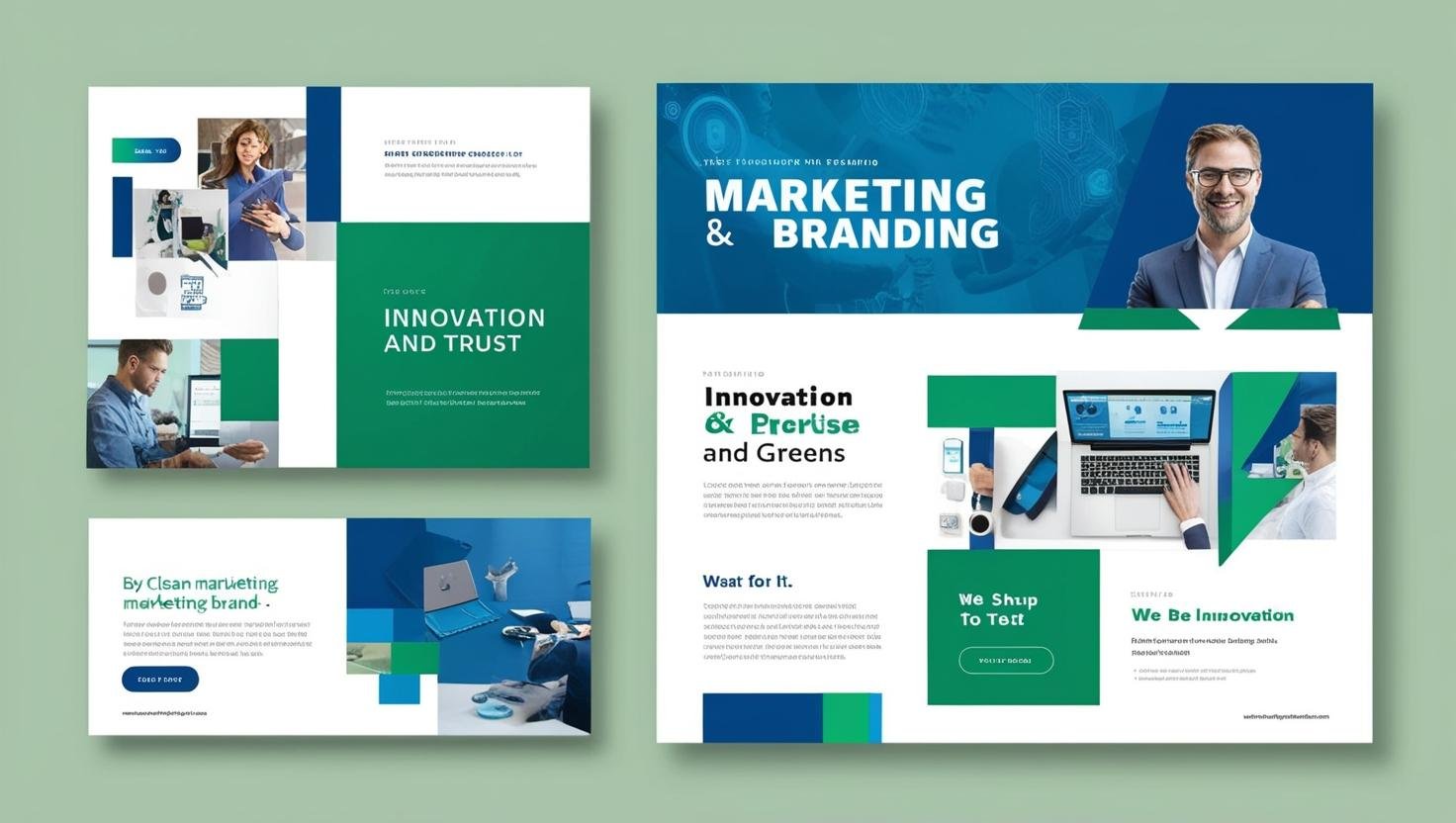The pace of technological innovation in 2025 is nothing short of breathtaking. From AI-driven automation to quantum computing breakthroughs, we are witnessing a digital revolution that is not only transforming industries—but redefining the rules of business.
Whether you’re a startup founder, a seasoned executive, or a curious observer, understanding the emerging technologies reshaping the future is essential to staying competitive and relevant.
Here’s a look at the top technology trends in 2025 and how they are impacting business models, productivity, and global markets.
1. Generative AI Becomes the New Co-Worker
The explosion of Generative AI tools like ChatGPT, Claude, and Gemini has transitioned from novelty to necessity. Businesses now use AI not only for customer service chatbots but also for:
- Writing marketing content
- Generating code
- Creating visuals and videos
- Simulating business scenarios
- Conducting internal knowledge searches
🔍 Impact on Business:
- Reduces operating costs
- Increases speed of content creation
- Requires new AI governance strategies to ensure quality and ethics
2. Quantum Computing Moves Closer to Practical Use
While still in its early stages, quantum computing is rapidly maturing in areas like:
- Financial modeling
- Molecular simulations in pharmaceuticals
- Cryptography
- Logistics optimization
In 2025, companies like IBM, Google, and D-Wave have unveiled cloud-based quantum tools for early experimentation.
🔍 Impact on Business:
- Offers exponential processing power for complex problems
- Forces a rethink of cybersecurity with quantum-resistant encryption
3. The Rise of AI-Powered Automation and Hyper-Personalization
2025 marks a clear transition into the era of intelligent automation, where machine learning not only performs tasks but learns and optimizes them in real time.
- AI-driven CRMs that predict customer needs
- Marketing platforms that auto-adjust ads based on microdata
- Sales tools that dynamically personalize pitches per client
🔍 Impact on Business:
- Empowers smaller companies to scale faster
- Makes personalization scalable and more effective
- Increases reliance on data quality and integration
4. Web3: From Crypto to Ownership Economies
While crypto faced regulatory hurdles in the early 2020s, Web3 is gaining traction in new forms:
- Tokenized digital identities
- Decentralized autonomous organizations (DAOs)
- Blockchain-based supply chain tracking
- NFT use cases beyond art—such as real estate and certifications
🔍 Impact on Business:
- Unlocks new revenue models
- Enhances transparency and user ownership
- Requires deep understanding of legal frameworks
5. Augmented and Virtual Reality in the Workplace
Thanks to the success of devices like Apple Vision Pro and Meta Quest 3, AR and VR are entering daily business life:
- Remote collaboration with 3D holograms
- Virtual product demos for global clients
- AR overlays for field workers and training
🔍 Impact on Business:
- Enables immersive customer experiences
- Reduces travel and training costs
- Sparks new business categories (virtual real estate, metaverse retail)
6. 5G and Edge Computing Go Mainstream
As 5G coverage expands and edge computing gains reliability, businesses can now deploy smart systems in real time, even in remote locations.
Use cases:
- Smart manufacturing sensors
- Real-time logistics tracking
- Instant AR/VR content delivery
🔍 Impact on Business:
- Unlocks Industry 4.0 potential
- Supports real-time data processing and decision-making
- Minimizes latency in mission-critical operations
7. Green Tech and Sustainable Innovation
Technology is now expected to support sustainability, not just productivity. Key innovations include:
- AI tools to reduce energy consumption
- Carbon accounting software
- Smart grids and battery tech
- Vertical farming and lab-grown food innovations
🔍 Impact on Business:
- Builds brand equity with eco-conscious consumers
- Helps meet ESG compliance
- Reduces long-term operational costs
8. Cybersecurity Becomes Proactive, Not Reactive
As cyberattacks grow in sophistication, businesses are shifting to zero-trust architectures and AI-based threat detection.
- Behavioral biometrics replacing passwords
- AI to detect phishing before it reaches users
- Decentralized identity management
🔍 Impact on Business:
- Protects data assets and trust
- Reduces risk of operational downtime
- Requires regular staff training and tech audits
9. No-Code and Low-Code Platforms Empower Everyone
The democratization of tech continues with no-code/low-code platforms allowing non-technical staff to build:
- Internal tools
- E-commerce websites
- Customer forms and automations
- Mobile apps
🔍 Impact on Business:
- Accelerates digital transformation
- Reduces IT bottlenecks
- Empowers creative problem solving across teams
10. Robotics and AI Converge
Robots are no longer just machines—they’re becoming autonomous agents that make decisions:
- AI-powered warehouse robots
- Service robots in hospitality and healthcare
- Drones for delivery and inspection
🔍 Impact on Business:
- Reduces dependence on manual labor
- Increases efficiency in logistics, agriculture, and retail
- Raises ethical and regulatory questions
Conclusion: Adapting to the Tech Wave
The most successful businesses in 2025 will not be those that chase every trend—but those that strategically adopt the right technology for their goals, team, and customers.
The rules of competition are changing. The gap between tech-literate businesses and the rest is widening. As a leader, the question is no longer “Should we go digital?”—it’s “How fast can we evolve before our competitors do?”
The future is already here. The smartest companies are building it.




